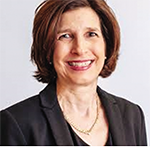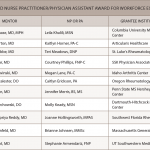SNOWMASS VILLAGE, COLO.—A major workforce shortage, a population of patients taking immunosuppressants where safety concerns and the patient experience are critical, and an increasing focus on remote patient monitoring and telehealth are driving a discussion regarding the role digital wearables play in rheumatologic care. “We need to be more thoughtful and efficient in taking care…









